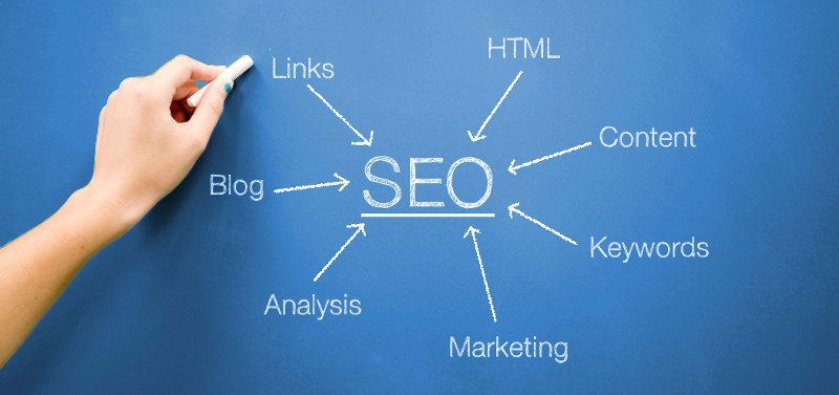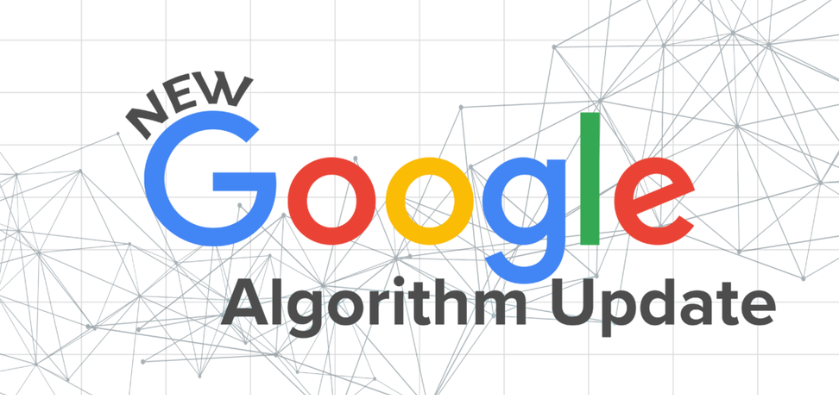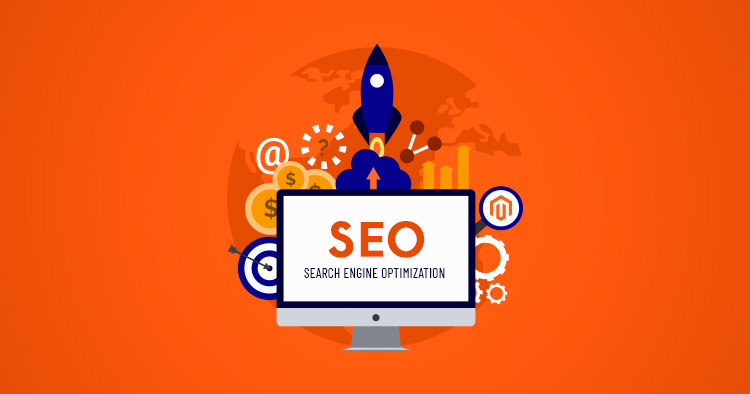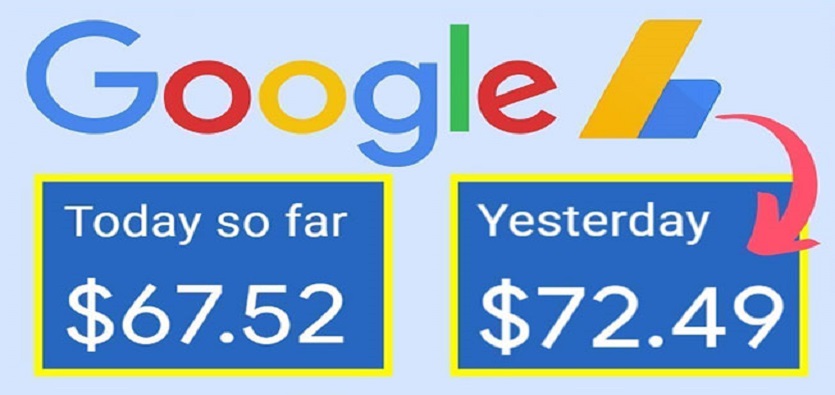SEO, short for Search Engine Optimization, is a fundamental aspect of digital marketing that plays a crucial role in enhancing a website's visibility and driving organic traffic from search engines. In this ever-evolving digital landscape, understanding and implementing effective SEO strategies is essential for businesses and individuals seeking to establish a strong online presence. This article aims to demystify the concept of SEO, explore its key components, delve into the significance of keywords, discuss on-page and off-page optimization techniques, highlight the importance of technical SEO, shed light on measuring SEO success, and provide insights into future trends in the field. Whether you are a beginner or experienced in digital marketing, this comprehensive guide will equip you with the knowledge needed to navigate the intricacies of SEO and improve your website's search engine rankings.
What is SEO?
You may have heard the term "SEO" thrown around in marketing discussions or seen it plastered on websites, but what exactly does it mean? SEO stands for Search Engine Optimization, and it's all about making your website more visible and ranking higher in search engine results. In simpler terms, it's the magic behind getting your website to show up on the first page of Google (or any other search engine).
Why is SEO important?
Imagine having a beautiful website with amazing content, but nobody can find it. That's where SEO comes into play. In today's digital age, search engines are the gateway to the internet. When people want to find information, products, or services, they turn to search engines like Google. So, if your website isn't optimized for search engines, you're missing out on potential visitors, customers, and opportunities. SEO is essential for driving organic (free!) traffic to your website and boosting its visibility in a sea of competitors.
Key Components of SEO
ON-Page Optimization
On-page optimization refers to optimizing your website's individual pages to improve their visibility in search engine results. It involves tweaking elements like your page titles, meta descriptions, headings, and content to make them more search engine-friendly. Think of it as fine-tuning your website's on-site elements so that search engines can't help but notice and love your content.
OFF-Page Optimization
Off-page optimization focuses on building your website's reputation and authority in the eyes of search engines. It involves getting other websites to link to your site (backlinks) and creating a buzz about your content on social media. By establishing these external connections, search engines recognize your website as a trustworthy and valuable resource, pushing it higher up in the search rankings.
Technical SEO
Technical SEO deals with the behind-the-scenes aspects of your website's structure and performance, ensuring that search engines can easily crawl, understand, and index your content. This includes optimizing your site's load speed, fixing broken links, improving mobile-friendliness, and implementing structured data markup. Technical SEO makes it easier for search engines to navigate your website, increasing your chances of ranking higher.
Understanding the Role of Keywords in SEO
Keyword Research
Keywords are the words and phrases people type into search engines when looking for information. Keyword research involves identifying the keywords relevant to your website's content and target audience. By understanding the words and phrases people use to search, you can optimize your website to match their queries and increase your chances of appearing in search results.
Keyword Analysis
Keyword analysis goes beyond just identifying keywords; it involves analyzing their search volume, competition level, and relevance to your website. With the aid of this method, you can prioritize the keywords you want to target and tailor your content to them. You can also tailor Google My Business, which could aid you in the early stages of rapid growth. A keyword analysis is crucial in finding the sweet spot between high search volume and low competition, allowing you to maximize your website's visibility.
On-Page Optimization Techniques
Title Tags and Meta Descriptions
Title tags and meta descriptions are HTML elements that provide information about your web page to search engines and users. Optimizing these elements involves crafting concise and compelling titles and descriptions that accurately represent your page's content while incorporating relevant keywords. It's like writing catchy headlines and snippets that make people want to click and visit your website.
Header Tags
Header tags (such as H1, H2, H3, etc.) are used to structure and organize your website's content. They not only make your content more readable for users but also provide important signals to search engines about the hierarchy and relevance of your information. By using header tags strategically and incorporating keywords, you can help search engines understand your content better and potentially improve your rankings.
Content Optimization
Content optimization is all about creating high-quality, informative, and engaging content that appeals to both search engines and users. It involves incorporating relevant keywords naturally throughout your content, using internal and external links to provide additional context, and ensuring your content is valuable and user-friendly. Content optimization is the heart and soul of SEO, as it's what truly drives organic traffic and establishes your website as an authoritative source.
Remember, SEO is a continuous process that requires patience and frequent monitoring. So, buckle up and get ready to embark on a journey to search engine stardom!
Off-Page Optimization Strategies
When it comes to Search Engine Optimization (SEO), it's not just about what happens on your website. Off-page optimization strategies involve actions taken outside of your website to boost its visibility and authority in search engine rankings.
Link Building
Link building is like a popularity contest on the internet. The more high-quality websites that link to your site, the more search engines see you as a trustworthy and authoritative source. It's all about getting those backlinks from reputable sources to show search engines that your site is worth ranking higher.
Social Media Marketing
Social media isn't just for scrolling through cat memes and posting pictures of your lunch. It's also a powerful tool to promote your website and boost your SEO. By sharing your content on social media platforms and engaging with your audience, you can drive traffic to your site and increase its visibility in search results.
Influencer Outreach
Influencers are the cool kids of the online world – they have a large following and can influence their audience's opinions and actions. By collaborating with influencers who align with your brand, you can tap into their audience and gain exposure for your website. It's like having a popular kid vouch for your awesomeness.
The Importance of Technical SEO
Technical SEO sounds fancy, but it's all about the behind-the-scenes stuff that makes your website perform better in search engines. It's like the engine of a car – without it, you won't get very far.
Website Speed and Performance
Nobody likes a slow website. If your site takes ages to load, visitors will leave faster than you can say "snail mail." Optimizing your website's speed and performance ensures that your visitors (and search engines) stick around and have a great user experience.
Mobile Optimization
We live in a mobile-first world, where smartphones are our trusty sidekicks. Optimize your website for mobile devices is crucial – if your site looks wonky on a phone or takes forever to load, you'll miss out on a significant chunk of traffic. It's time to make friends with responsive design and mobile-friendly layouts.
URL Structure and Site Architecture
Nobody likes getting lost in a maze – not even search engines. A clear and logical site structure with user-friendly URLs not only helps visitors navigate your site but also makes it easier for search engines to crawl and index your pages. It's all about creating a smooth journey for both humans and search engine bots.








